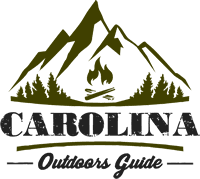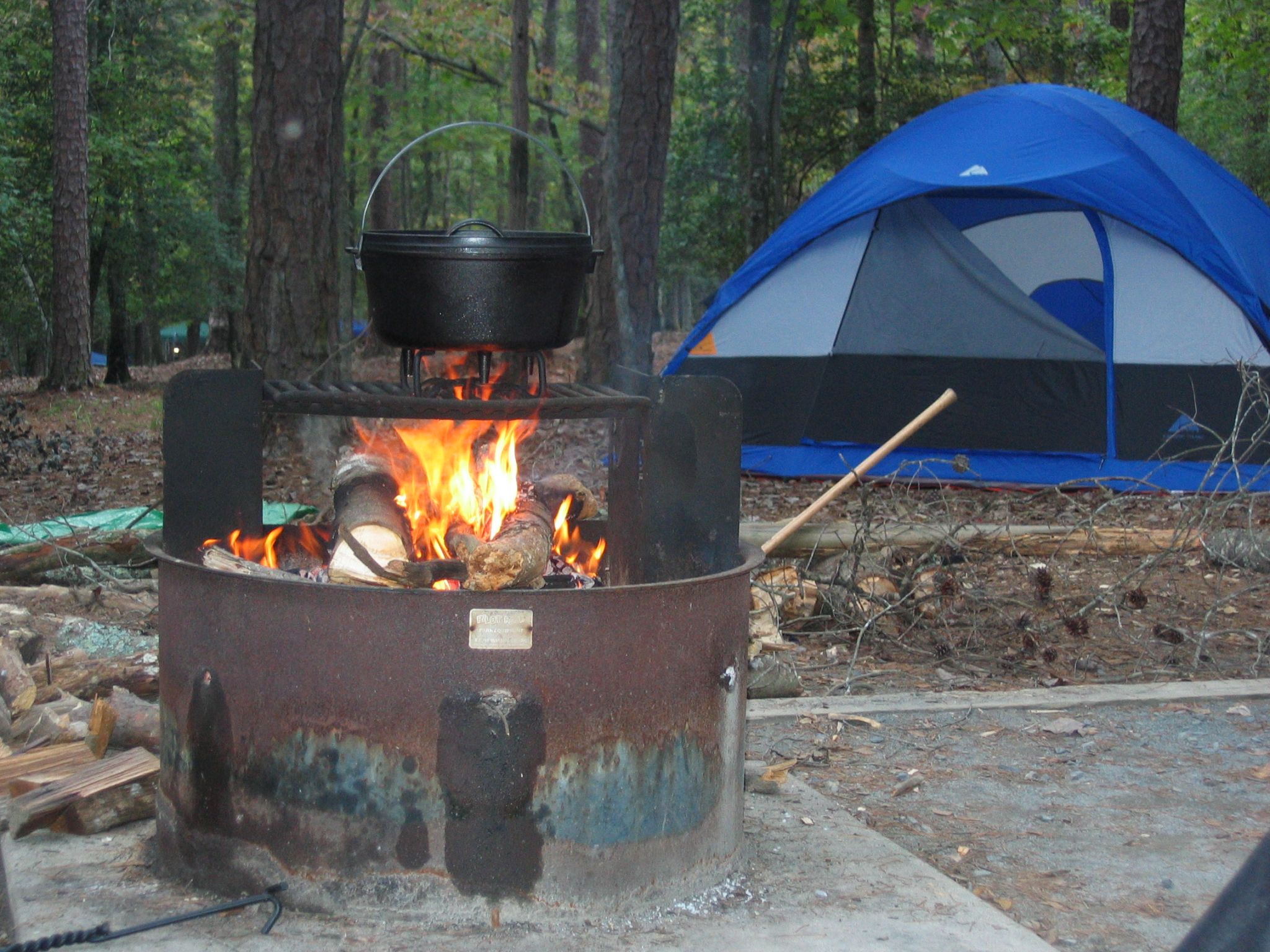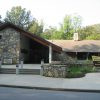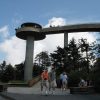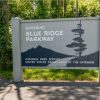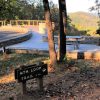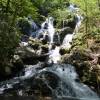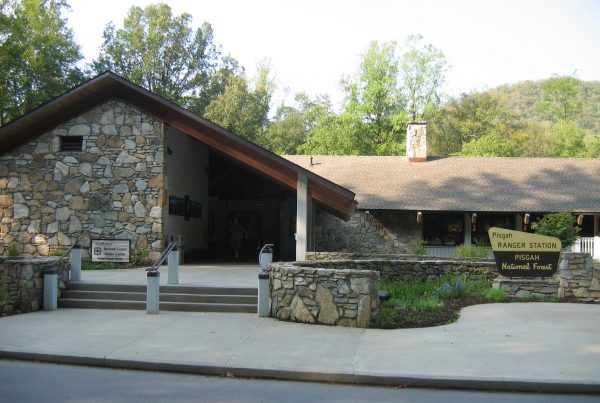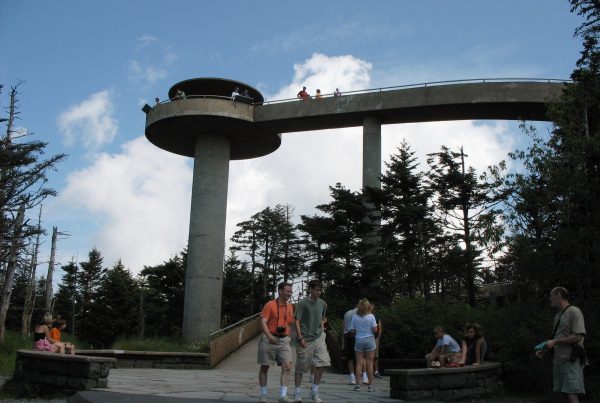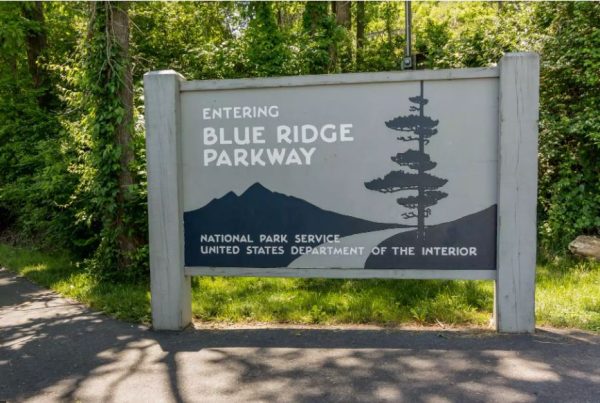Reserving campsites in national parks and national forests through Recreation.gov should get much easier and more reliable under new management this October. Changes are expected to include the premiere of a mobile app for accessing the reservation system and real-time information about availability.
Booz Allen Hamilton, a global management and information technology consulting firm with headquarters near Washington, D.C., is to take over Recreation.gov under a 10-year, $182 million contract. It is to modernize the site, which has been run by Reserve America, now known as Active Network, since 2006.
Recreation.gov processes reservations for more than 100,000 campsites and other recreational facilities managed by 12 federal agencies, including the National Park Service, U.S. Forest Service, U.S. Army Corps of Engineers, Fish and Wildlife Service and the Tennessee Valley Authority.
The modernized system could come in an app, provide a GPS function to help you find sites, allow you to upload photos from your outdoors visit and, eventually, enable searches for nearby hotels, a report by the NextGov site says.
Booz Allen says it is “reimagining the reservation, permitting, ticketing and lottery processes from top to bottom to make the experience intuitive and familiar, guarding against information overload, and allowing users to quickly and easily find new treasures to discover.”
Further, the company promises:
- Fast, convenient, and reliable access to information about national lands and waterways.
- Modern, easy-to-use trip planning tools, such as being able to search recreation opportunities between stops on a road trip route or discover new activities in a certain area.
- Improved personalization.
- Increased engagement through social, content, sharing, and mobility.
- Continuous improvements based on insights gleaned from data analytics.
According to Outside magazine, Booz Allen is to “provide real-time updates on campsite availability through something known as an application programming interface, or API. This is tech lingo for the same kind of software that powers Google Transit, Hotels.com, and Kayak, which have made it delightfully easy to do everything from plan your commute to make a restaurant reservation.
“Second, the company has to make good-faith efforts to negotiate business relationships with third parties that create campsite-reservation applications,” like Hipcamp.
If federal agencies set up the appropriate agreements with third parties, Recreation.gov could eventually direct visitors to nongovernment operated services, which could also offer information about national parks, forests, etc., on their sites without requiring a click-through to the federal site, NextGov explains.
Outside suggests that “open data,” or sharing federal reservation information and access with third parties, “incentivizes a wave of tech businesses to transform the booking experience.”
Risky Transition, State Parks Left Out
In the meantime, the transition from Active Network’s management to Booz Allen’s could result in a gap in services, Rick DeLappe, Recreation.gov program manager within the National Park Service, told NextGov. “It’s ‘admittedly risky,’ he said, especially for visitors who made a reservation in the old system but won’t be arriving until the new system is implemented.”
The new system will not include state park campsites and the like. The individual state systems, like North Carolina State Parks, provide reservations through programs provided by private companies — like the problem-plagued Reserve America cum Active Network.
According to Outside, it was the nonprofit group Access Land that lobbied the federal government to open up real-time campground-availability data with the new version of Recreation.gov. It has grown to become a coalition of 50 organizations, including the Sierra Club, REI and Code for America, and is now focusing its efforts on the states.
“Open data can empower innovators of all kinds to build resources that better connect members of the public to their land,” Access Land says. “Open data can unlock access to public land to a greater, more diverse group of people, thereby supporting overall public health by expanding access to nature and raising public park visitation, boosting park revenue, and securing the ongoing relevance and sustainability of our public lands. Open data is key to inspiring current and future generations of park supporters.”
Visit Our Sister Site
Carolina Music Festivals, a calendar and guide to music festivals in North Carolina.
